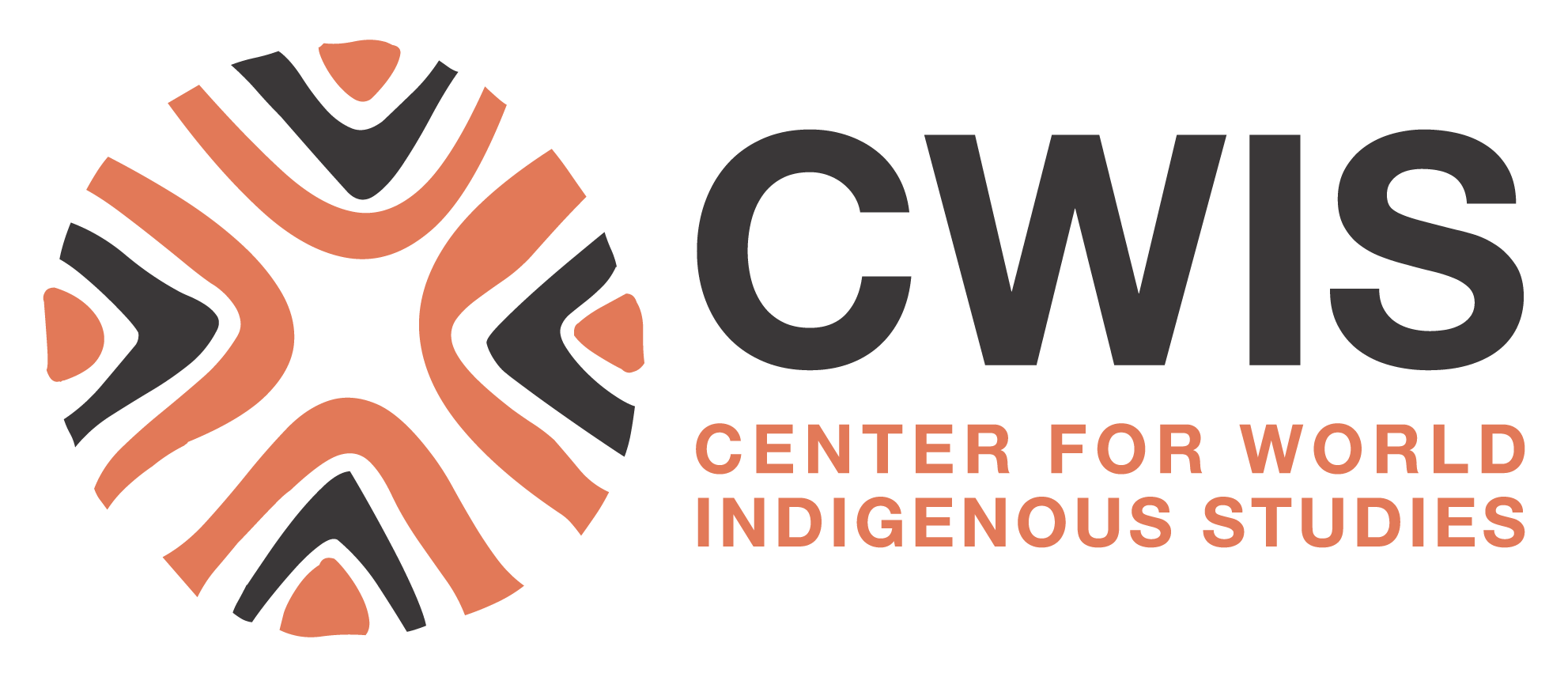

In the present report, the Special Rapporteur on the rights of indigenous peoples, José Francisco Calí Tzay, focuses on the impact of the coronavirus disease on the individual and collective rights of indigenous peoples, including increased health risks, as well as the sources of resilience of indigenous peoples, State and indigenous responses to the pandemic and the adverse and disproportionate impact of confinement and emergency measures observed on indigenous peoples. He concludes with a set of recommendations geared towards an inclusive economic and social recovery and better preparedness for future similar situations.
Read moreThe narrative on indigenous women as leaders and main actors in development are little heard. It may be that being women and indigenous, the glass ceiling for them may be that much higher and harder to break. But the stories that emerge reveal that in various communities they are hurdling barriers in arenas beyond their traditional domestic domain. Although still marginalized and burdened by multiple work, they are proving that they can actively engage in their community’s economic and political development rather than remain passive receivers of programs and policy. These case studies from five Southeast Asian countries give a glimpse of what indigenous women can achieve when their potential and possibilities are unlocked. When armed with knowledge of their rights and their capabilities are enhanced, they can mobilize and lead in fostering the common good.
Read moreIndigenous women are not separate from the struggles of their communities and peoples. Within the collective struggle, it is important to acknowledge the personal or individual building blocks and gender dynamics. The challenge remains how to make these struggles gender responsive and empowering towards women’s full and effective participation in the context of strong patriarchal influences in customary institutions and practice. On top of this are colonial assimilationist policies that continue to be in place. Advancements in the recognition of women’s and indigenous peoples’ rights at the international level are not being felt on the ground, but these have influenced local discourse and mobilization for substantial implementation of these rights. Three country studies commissioned by Tebtebba (Indigenous Peoples’ International Centre for Policy Research and Education) present how these are being undertaken by indigenous women and their organizations in Nepal, India, and Bangladesh.
Read moreIndigenous women the world over experience particular forms of discrimination because of their multiple identities, discrimination against them as indigenous peoples and discrimination of a different form against their gender. The struggle for the recognition of collective ownership of land, territories and resources—a primary concern of indigenous peoples—has been criticized by some as placing greater importance on collective rather than individual rights, resulting in further marginalization for individual women. However, this criticism reveals also an inability in some commentators to comprehend the collective contexts in which individual rights are experienced or enjoyed and a general bias against the recognition of the importance of collective rights
Read moreSince the 1 February military coup and the declaration of the long state of emergency in Myanmar, over 600 people including Indigenous Peoples have been killed by the Myanmar Military in violent and systematic crackdowns on peaceful pro-democracy protests. The UN Special Rapporteur on the situation of human rights in Myanmar has said the military junta’s violence against peaceful protestors could amount to crimes against humanity. A number of countries including the US, UK and European Union have condemned and accused the military as the ‘reign of terror’ .
Read moreIndigenous leaders asserted that a disproportionate number of indigenous persons, who constitute approximately 5 percent of the country’s population, were killed during their interactions with law enforcement. In June a media outlet reported that, according to its analysis of all police shootings over the previous three years, an indigenous person was 10 times more likely than a white person to be killed by police. The media outlet found that 38 percent of individuals killed by police between January 2017 and June 2020 were indigenous.
Read moreThe report is based on information gathered by the ARISA team during virtual meetings, telephone calls and email correspondence with representatives of indigenous communities and indigenous people’s organizations (IPOs) from Angola, Botswana, Namibia and South Africa. In addition, ARISA conducted a literature review and analysis of relevant laws and regulations related to COVID-19 in Southern Africa. The San community make up the largest group of indigenous peoples of this population. As a result, this paper mainly focuses on the impact of COVID-19 on the rights of the San indigenous community
Read moreThe concept of indigenous identity is highly contested in sub-Saharan Africa,1 though this attitude may be changing.2 Since this concept is absolutely central to the studies of land laws that follow, it is important to clarify both the debate over ‘indigenous peoples’ in the African context, and our position within this debate.
Read moreIt is a turbulent time in international relations, particularly in the Asia-Pacific region where security concerns dominate policy discussions daily. In this environment, some important issues are getting far too little attention, especially on the international stage, and the status of Tibet is one of these issues. It is an important moment to shine a light on the events in Tibet, especially with significant legislation on this topic pending before this committee.
Read moreThe western hemisphere is home to the largest number of indigenous peoples living in voluntary isolation and initial contact in the world. They are the last peoples who were not colonized and who do not have permanent relations with today’s predominant national societies. These peoples and their ancestors have lived in the Americas since long before current States came into existence. Today, very few of them survive, and many are at risk of disappearing entirely
Read moreThe library is dedicated to the memory of Secwepemc Chief George Manuel (1921-1989), to the nations of the Fourth World and to the elders and generations to come.
access here